African leaders commit to a strategy to protect the continent’s donkeys from the brutal skin trade
Leaders and key decision-makers reaffirmed their commitment to enforcing the implementation of Africa’s moratorium on the donkey skin trade.
Posted on 30/06/2025
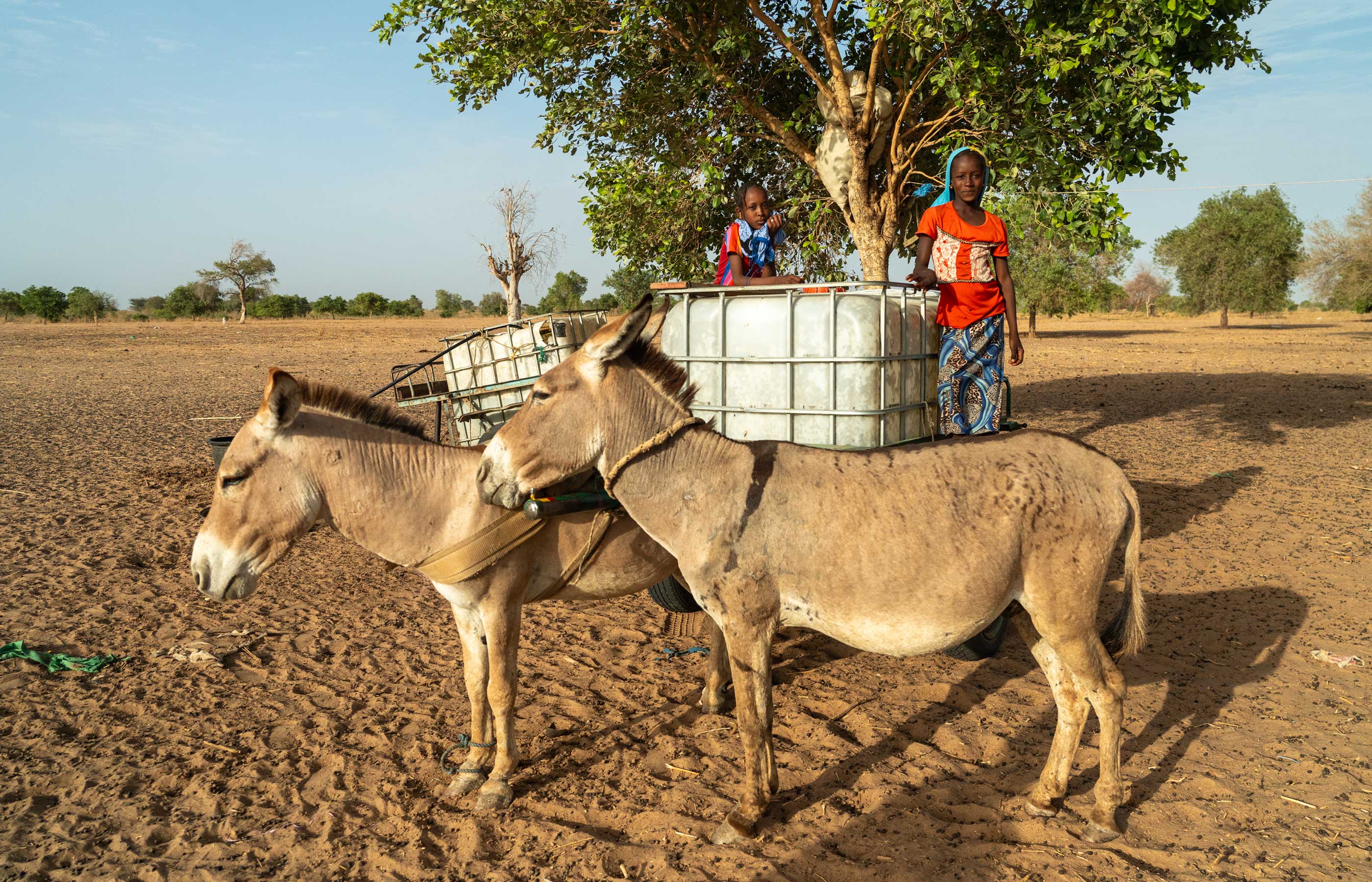
The safeguarding of Africa’s 40million-strong donkey population has taken a significant step forward following the conclusion of The Pan African Donkey Conference (PADCo) which took place in Côte d’Ivoire on 26-27 June 2025.
Attended by African Member State leaders and key policy decision makers, the two-day event provided a platform for delegates to reaffirm their commitment to enforcing the implementation of Africa’s moratorium on the donkey skin trade – a practice that sees millions of donkeys slaughtered for their skins to support the demand for ejiao, a traditional Chinese medicine product.
The conference culminated with the formal endorsement of the Abidjan Declaration to preserve Africa’s donkeys and uphold the continental moratorium.
Supporting the African Union Inter-African Bureau for Animal Resources (AU-IBAR) convening of the conference, members of the International Coalition for Working Equids (ICWE) welcomed the strong reaffirmation by the African Union of their commitment to end the unsustainable slaughter of donkeys for skins.
Jessica Stark, Director of Communications and Public Affairs at World Horse Welfare and Chair of ICWE said:
“We wholeheartedly welcome the declaration of African Member States and stand with them in their unified and practical commitment to ensure the moratorium is fully implemented within their borders. At PADCo 2 we have heard heartbreaking evidence from across the continent how the unsustainable trade in donkey skins is having a devastating effect on whole communities, including women and children.
“We support the inclusion of clear national-level implementation measures, regular reporting, and the recognition of donkeys as vital to livelihoods and rural economies. These decisions mark an important step toward ending the unsustainable trade and improving donkey welfare across the continent.”
Comprised of Brooke: Action for Working Horses and Donkeys, The Donkey Sanctuary, SPANA and World Horse Welfare, ICWE recognises that as well as a severe threat to donkey welfare, the trade significantly impacts the livelihoods of those who rely on them. Collectively, the working equid welfare charities support the measures laid out by the African Union countries, including the endorsement of the Pan-African Strategy for Donkey Preservation (2026-2035) and the call for national implementation with national policy alignment to support the strategy and the establishment of systems for monitoring and reporting.
Speaking at the conference on behalf of ICWE CEOs, Chris Wainwright, CEO of Brooke said:
“I am confident that this strategy will create the required momentum for the implementation of the ban and with it the ultimate preservation and development of the donkey species. The International Coalition for Working Equids is proud to be a partner, funder and co-organiser of this conference.
“If we all work together, we can end the trade in donkey skins and protect these loyal and magnificent creatures that are central to the socio-economic futures of so many communities in Africa.”
Topics
Related News

International coalition of charities brings together Commonwealth vets to tackle working equid welfare
The International Coalition of Working Equids hosted a workshop as part of the 7th Pan Commonwealth Veterinary Conference.
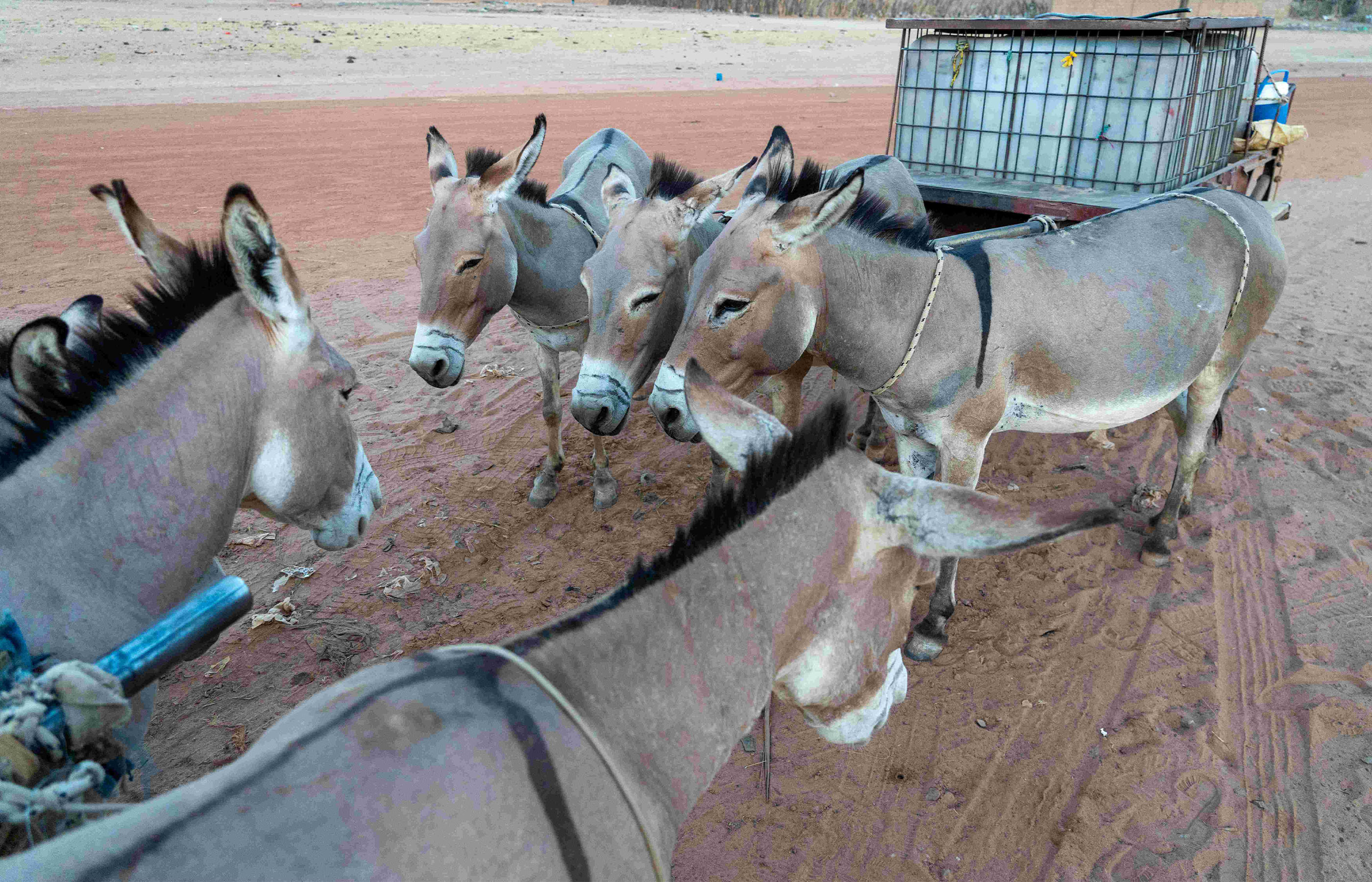
Calling for urgent action to protect Africa’s donkey population
Calling on Africa's member states to move from 'vision to action' to protect donkey populations across the continent, at the 92nd WOAH General session in Paris
Recommended Blog Posts
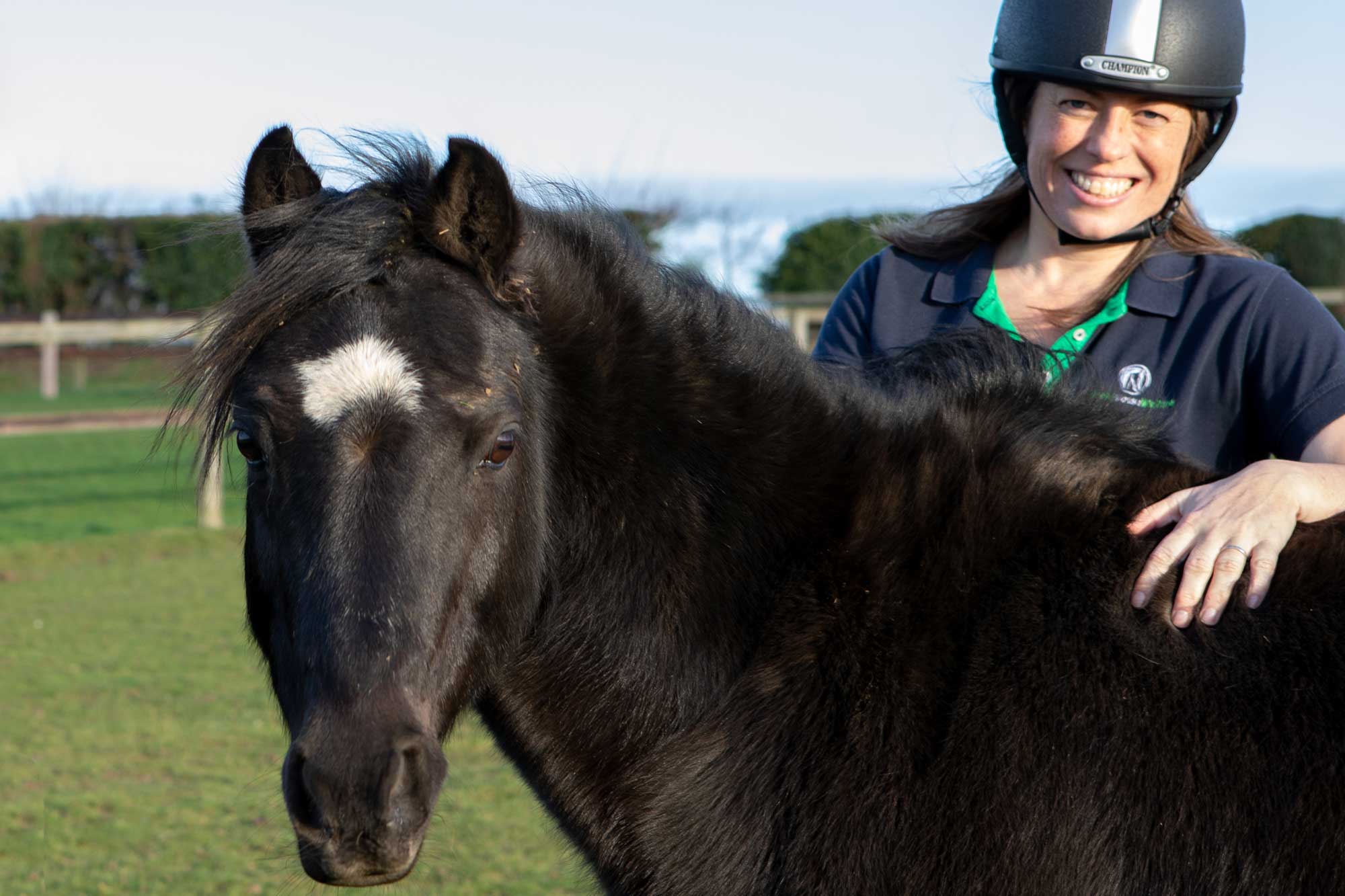
Can you cut the costs of horse ownership without compromising on their care?
Chief Field Officer Claire Gordon looks at ways to cut costs without compromising on care.
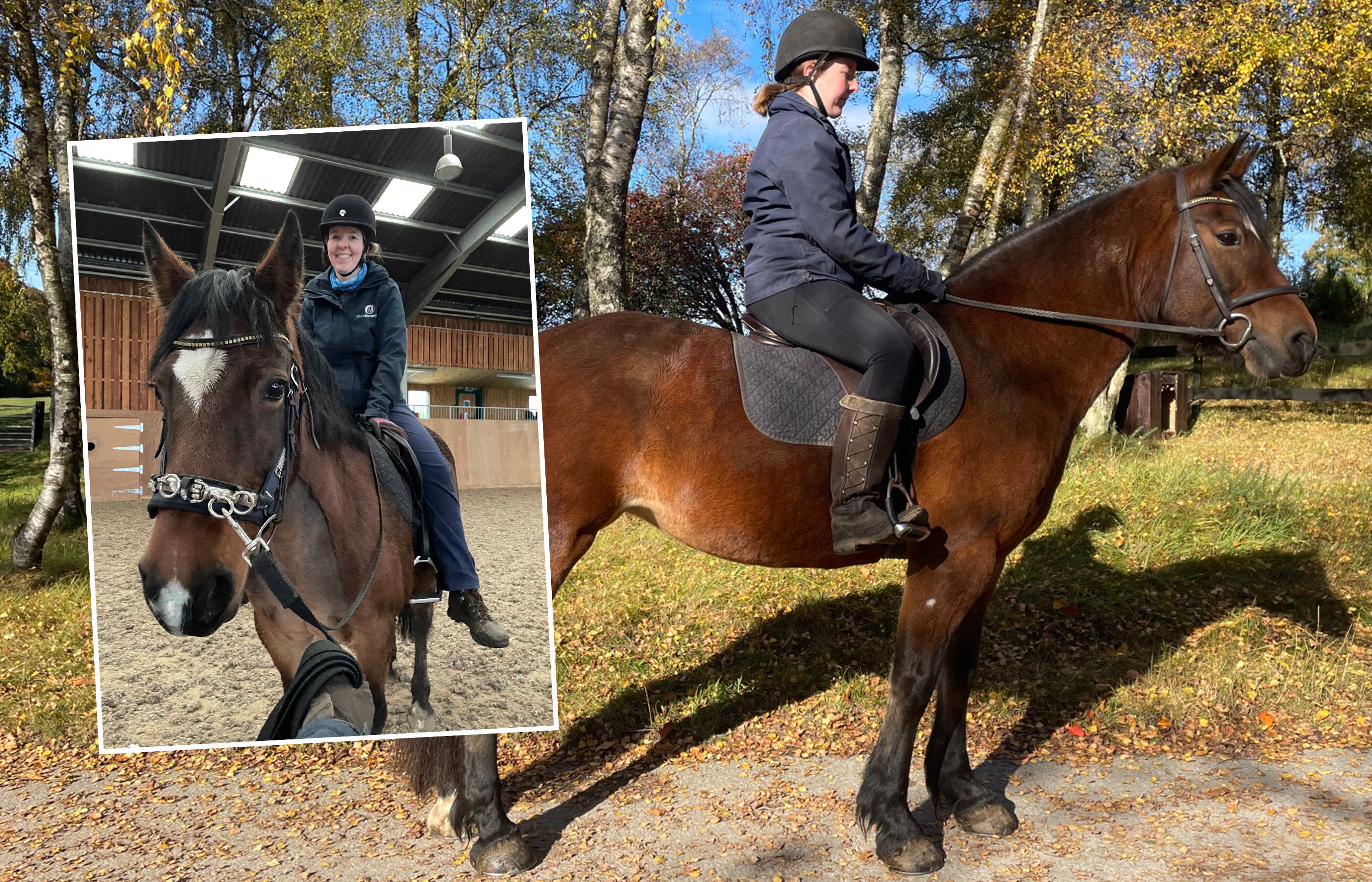
Training and backing horses in our care
We catch up with groom Claire at Belwade Farm Rescue and Rehoming Centre to find out more.
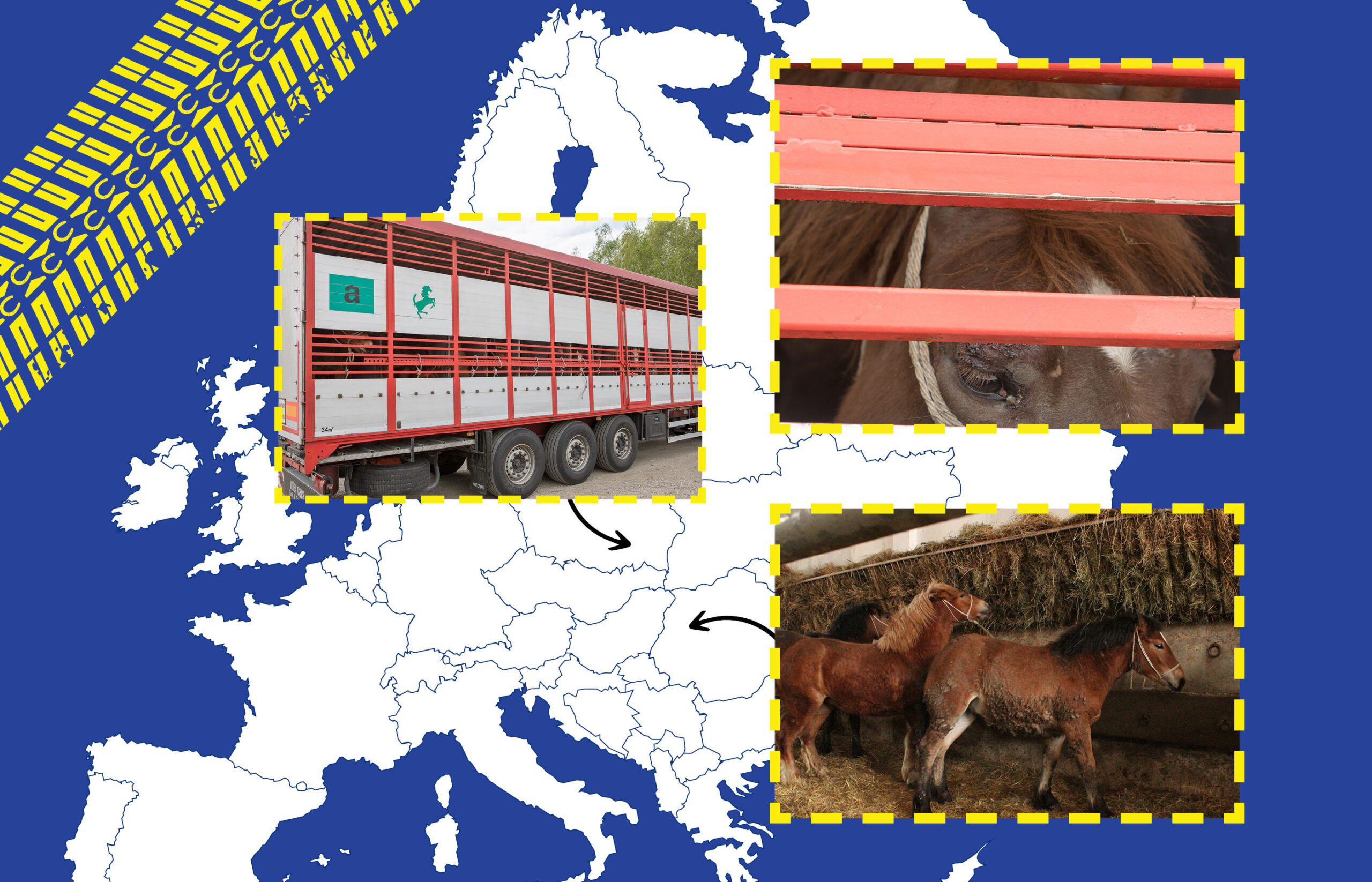
A (nearly) century long commitment
Ending the long-distance transport of horses for slaughter.
Enjoy reading stories like this?
Join over 65,000 other horse lovers and sign up for our email newsletter

Join over 65,000 other horse lovers and sign up for our email newsletter
Sign me up now